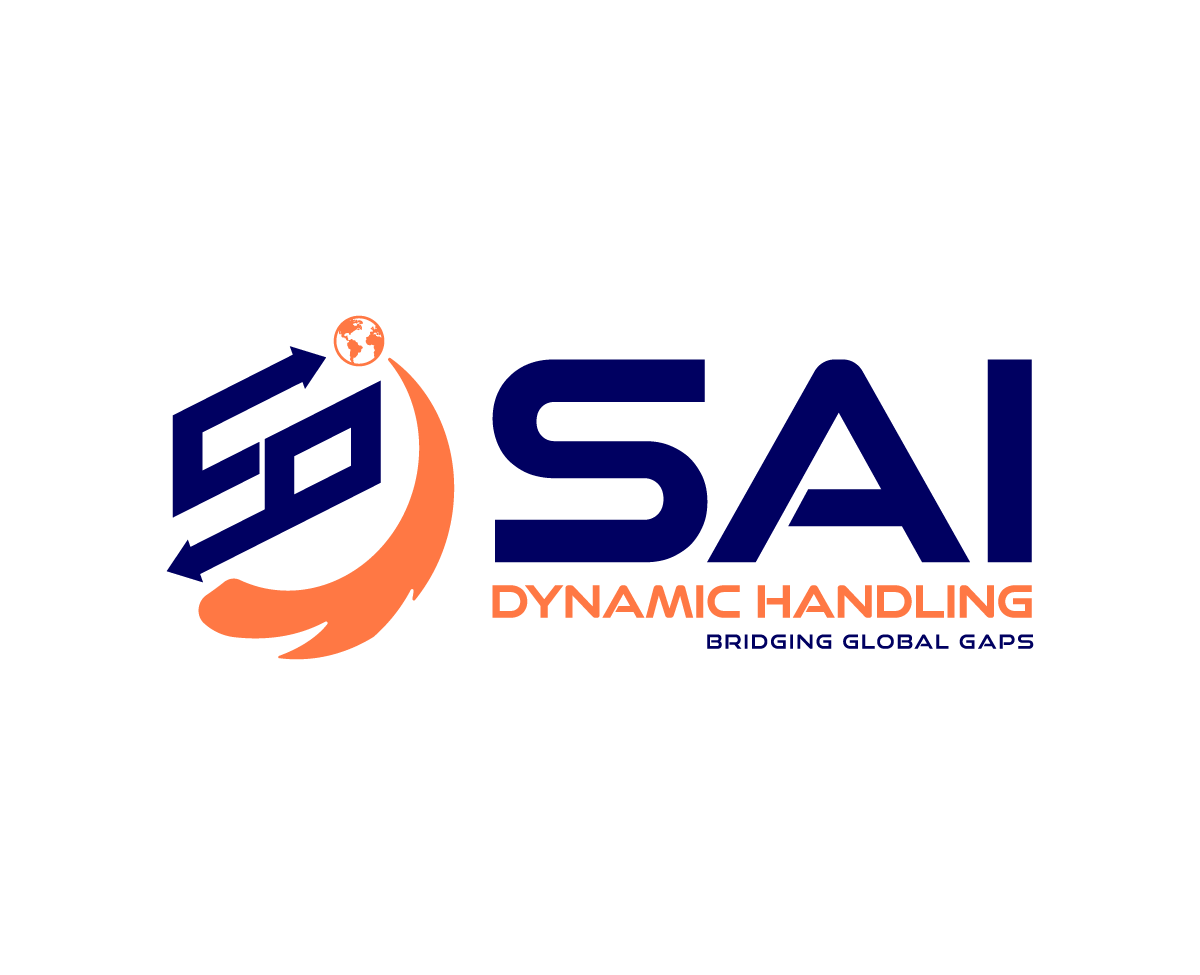Category: Construction Industry
Bisphenol A (DGEBA)
A high-performance thermosetting polymer offering excellent adhesion, mechanical strength, and chemical resistance, widely used in the construction and industrial sectors.
Overview
Bisphenol A Epoxy Resins (DGEBA) are epoxy resins formed by reacting Bisphenol A with epichlorohydrin.
They are ideal for applications in construction, coatings, adhesives, and composites, and they play a crucial role in projects like concrete repair, industrial flooring, and protective coatings because of their excellent bonding, durability, and chemical resistance.
| CAS Number | 25068-38-6 |
| Chemical Formula | (C15H16O2)n |
| Concentrations | Adhesives and bonding: 100% resin or high-purity formulations; Concrete repairs (Crack injection and grouting): 60-90% resin; Protective coatings: 30-50% resin |
| Quantities |
Industrial Applications
Construction Industry
- Binding agent: To ensure strong adhesion between materials like steel, concrete, and composites.
- Crack filler and sealer: To bond concrete components and seal cracks to prevent water ingress.
- Protective barrier: To provide corrosion resistance, chemical protection, and weathering durability in steel and concrete surfaces.
Automotive Industry
- Structural binder: To bond metal and composite parts, providing strength and flexibility in automotive components.
- Protective coating: To provide corrosion and abrasion resistance for underbody parts.
Aerospace Industry
- Matrix binder: To provide a lightweight, high-strength structure for fuselages, wings, and other components.
- High-performance bonding agent: To provide strong adhesion between metal and composite parts in aircraft.
Electronics Industry
- Encapsulant and insulating agent: To protect electronic components and PCBs from environmental damage.
- Protective coating: To form a durable barrier that shields electronic components from external contaminants.
Marine Industry
- Waterproof bonding agent: To provide corrosion resistance and structural bonding in boat construction.
- Corrosion-resistant barrier: To protect boats and marine structures from saltwater, UV exposure, and environmental wear.
Industrial Coatings
- Protective barrier: For equipment, pipelines, and storage tanks.
- Corrosion-resistant coating: To safeguard metal structures like industrial plants, power stations, and pipelines.
Oil and Gas Industry
- Protective layer: To provide corrosion resistance and chemical protection for oil and gas pipelines.
- Binding agent: To enhance the workability, strength, and durability of cement slurries in well cementing operations
Mining Industry
- Protective layer: To provide abrasion, corrosion, and chemical resistance for mining equipment and structures.



